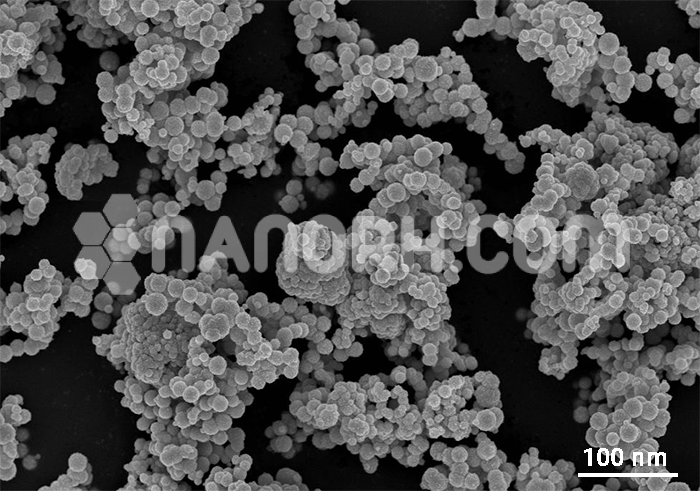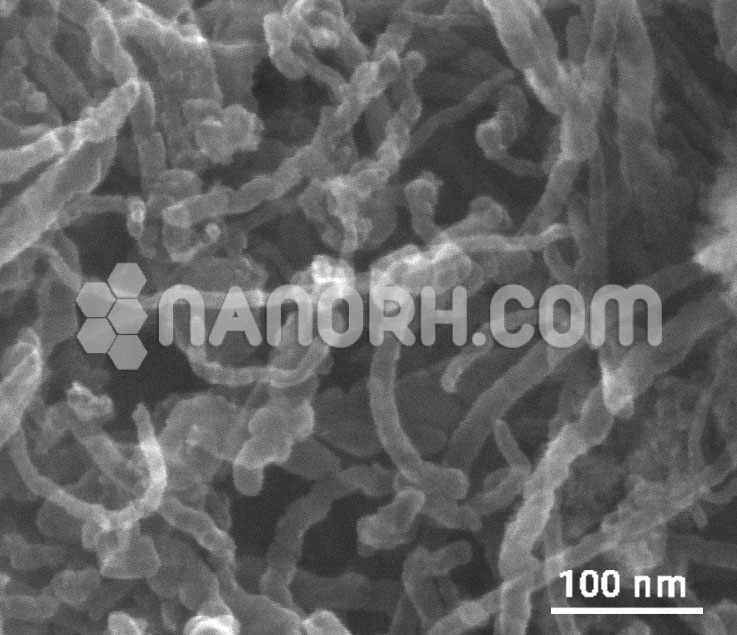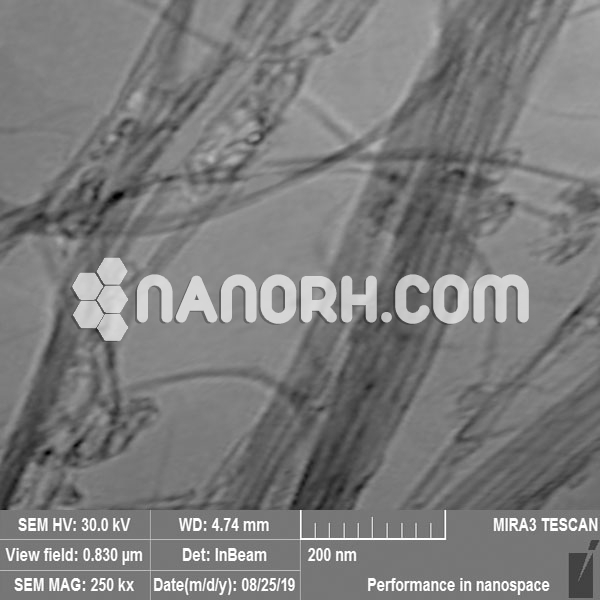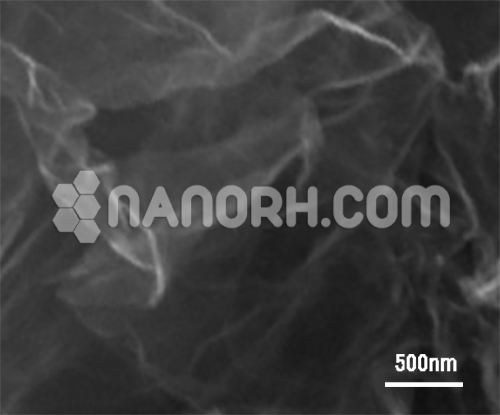| Aluminum Carbon Nanotubes | |
| Product No | NRE-37002 |
| CAS No. | NA |
| Purity | 97% |
| Average Diameter | >55 nm |
| Average Length | 10-30um |
| Special Surface Area(SSA) | 60g/cm3 |
| Tap Density | 0.12 g/cm3 |
| True Density | 2.1 g/cm3 |
| Electric Conductivity | > 100 S/cm |
Aluminum Carbon Nanotubes
Aluminum carbon nanotubes (Al-CNTs) are composite materials that combine aluminum with carbon nanotubes, leveraging the advantageous properties of both components. Here are some potential applications for Al-CNTs across various fields.
Potential Application:
Structural Materials: Al-CNTs can be used to create lightweight yet strong structural components for aerospace and automotive industries, enhancing mechanical properties and reducing weight.
Electrical Conductors: Due to the excellent electrical conductivity of carbon nanotubes, Al-CNTs can serve as effective electrical conductors in applications such as wiring, connectors, and electronic components.
Thermal Management: The combination of aluminum and carbon nanotubes can enhance thermal conductivity, making Al-CNTs suitable for heat sinks, thermal interface materials, and electronic packaging.
Energy Storage: Al-CNTs can be utilized in battery electrodes and supercapacitors, improving charge capacity and cycling stability, leading to more efficient energy storage systems.
Catalytic Applications: The unique properties of Al-CNTs can be employed in catalytic processes, providing a stable support for catalysts and enhancing reaction efficiency.
Biomedical Applications: Al-CNTs may be explored for drug delivery systems, biosensors, and scaffolding in tissue engineering, benefiting from both biocompatibility and enhanced mechanical properties.
Composites for Coatings: Al-CNTs can be used in coatings to improve wear resistance, corrosion resistance, and thermal stability of surfaces in various industrial applications.
Additive Manufacturing: In 3D printing, Al-CNTs can enhance the mechanical properties of printed parts, providing stronger and more durable components for diverse applications.
Environmental Applications: Al-CNTs may be utilized in water treatment and environmental remediation, leveraging their high surface area and adsorptive properties to remove pollutants.
Hydrogen Storage: Al-CNTs can potentially serve as materials for hydrogen storage systems, improving the efficiency and capacity of hydrogen storage technologies.




